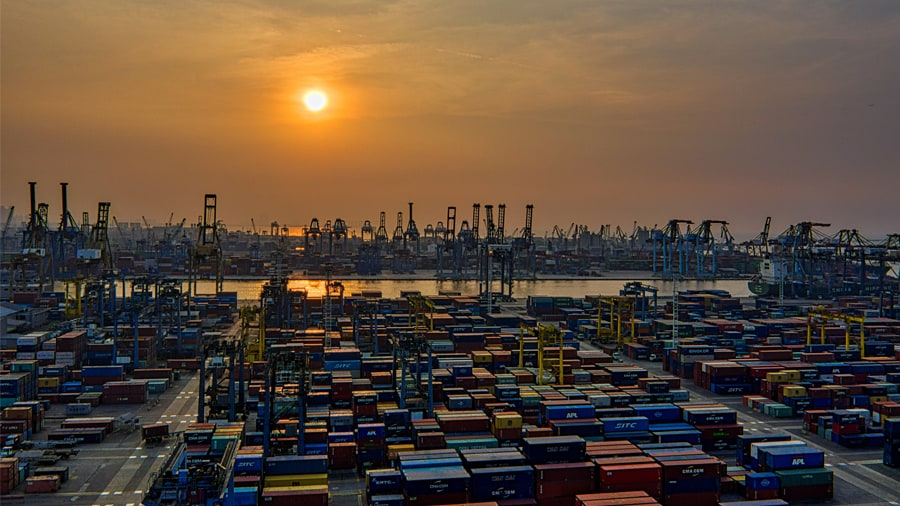International Logistics - a Candidate's Market

With the current flurry of unprecedented and unpredictable tariff changes, there is a high demand for international logistics leaders, freight agents, import/export specialists, entry writers and licensed customs brokers. Not an easy task.
There is a shortage of good talent. Then add the specialty aspects which may include country experience, commodity knowledge, industry expertise, required certifications and sometime language fluency. It's definitely a candidate's market. Companies are paying high premiums to attract the qualified players.
JobsInLogistics has been a consistently reliable source to attract these specialized candidates. We work with international trade companies and search firms to help them find the right qualified candidates for their specific positions.
We are pleased to share a topical white paper below, written by one of the leading Trade Compliance Search Consultants, Bill Conroy, owner of Tyler Search. Bill was one of our first clients, and has been advertising Supply Chain and Global Trade career opportunities with JobsInLogistics for 19 years.
Bill Conroy | Jan 29, 2019 3:30PM EST
Corporate blood will spill in 2019 as more than 7,000 products may be affected by the tariffs on imported goods from China. Total tariffs on Chinese imported goods are projected to be between an astounding $200 billion to 500 billion. The USA-China Trade conflict will intensify well into the third quarter and perhaps into early 2020. Unfortunately, American jobs and incomes are already suffering collateral damage. Leadership in Washington will prolong the negotiations to time the outcome and resolution as close to the 2020 election campaign cycle as possible.
To pre-empt the damage and help companies navigate the landmines, firms are looking to their inhouse trade subject matter experts to take the lead role. Those firms without a SME are feverishly searching for seasoned trade strategists for guidance.
It's déjà vu all over again.
The Customs Modernization Act of 1993, which created the trilateral trading bloc formerly known as NAFTA, was the impetus for many companies to create a dedicated in-house customs compliance role to sort out trade relationships and government scrutiny. Fast forward 25 years and that role has evolved and has gone through several iterations.
While the titles have changed, the focus continues to be identifying the company's most advantageous global trade policy. Today these same strategists are at the frontlines of a Trade Fratricide - a Tariffricide - as the world's two largest economies and superpowers engage in a high stakes chess match.
Section 301, USMCA, higher prices, new sourcing venues, onshoring opportunities, and Federal Reserve rate increases will dominate our 2019 trade decisions.
